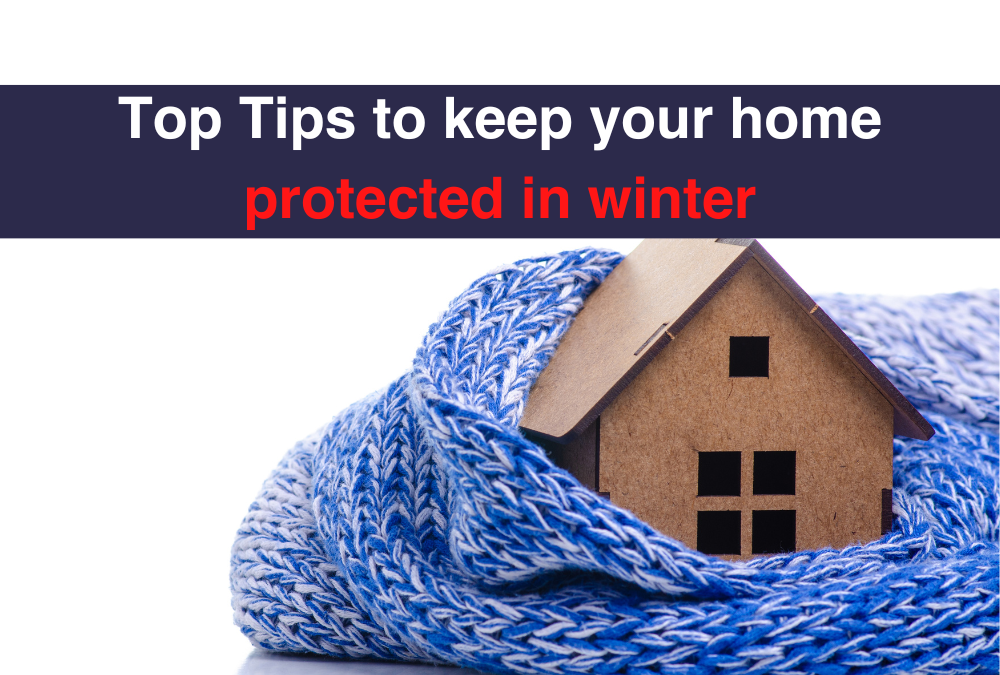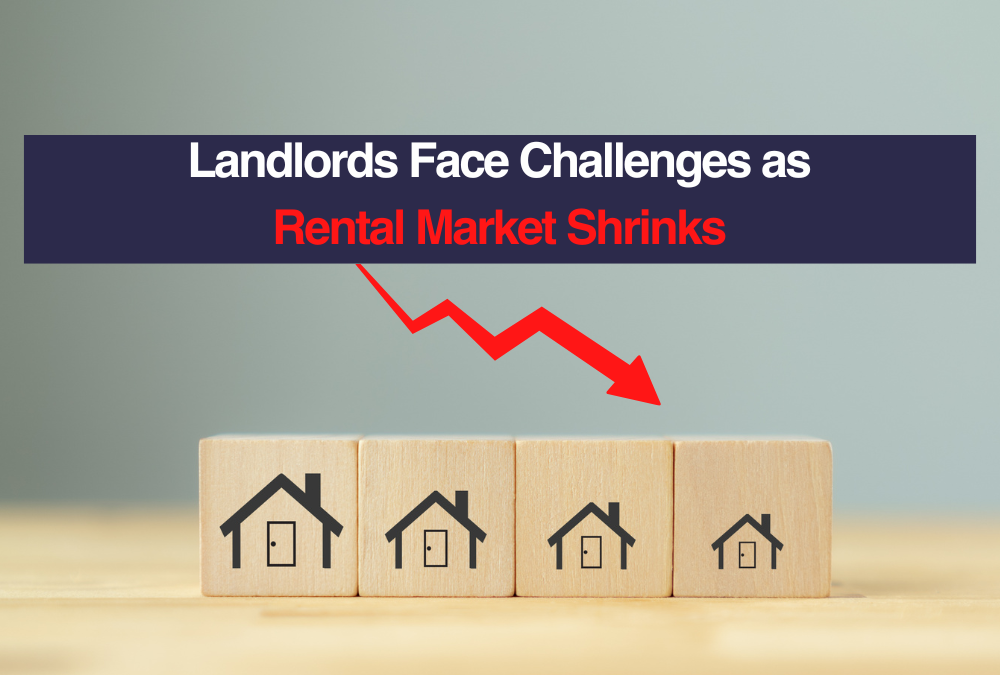This article highlights the best ways to reduce the risk of future problems and unnecessary expenses with some handy advice for protecting your home in these colder months.
With the night are getting longer, and the temperature is dropping, there is more likelihood of issues arises or becoming more of a concern. Currently in Yorkshire, it feels Winter is fast arriving, which means it’s time to consider the steps you can take to ensure your home is ready for what’s ahead.
Chris Browne, one of our Directors, said “By tackling those odd jobs around the house head-on, you can reduce the risk of future problems and potentially save money in the process.”
Chris sat down with us to provide some useful tips to keep your home safe and ready for the winter months.
Check your gutters and downpipes
Gutters and downpipes can be a common cause of water ingress issues but are often overlooked. Blockages from leaves and plants are both major contributors to overflowing guttering and downpipes during heavy rain and storms.
Left unchecked, obstructed pipes can allow water to flow into the soffits, eaves and fascia around your home.
We recommend clearing your gutters and downpipes to remove any fallen leaves and debris.
It’s easy to keep on top of any gullies at ground level, but unclogging guttering at height is probably a job for professionals. A few pounds spent now could save a lot of stress later.
Many contractors have a pole vacuum system which can come with a camera and so gutters can be cleared without the need of a ladder and the camera can show exactly what the condition is before and after the work.
If you suffer from water ingress, your insurance claim may be rejected if it’s decided that the issue was caused by a blockage caused by a lack of basic maintenance.
Inspect your water pipes
Check your water supply pipes and insulate them where necessary. When the temperature drops, water can freeze inside the pipes, then expand and create pressure, causing the pipes to burst and flood your home.
If you’re not confident about checking the pipes yourself, I would recommend you call a qualified plumber. Alternatively, WaterSafe is a free service that help consumers find qualified plumbers in the UK from their online register.
Older boilers can be problematic
As people start turning on their heating in the winter, the sudden pressure on an older boiler system to heat radiators regularly can create issues, resulting in failure.
Arrange your annual boiler service and safety check as soon as possible so you have time for any repairs before winter sets in. The national register of Gas Safe engineers is a handy tool to use for this.
For further peace of mind, you may also wish to consider a home emergency policy, which we would be more than happy to arrange for you.
A common problem that is raised historically in our managed properties is the condensate overflow pipe, which is a small pipe that goes from the boiler and pops its head outside the property and lets water drip out of it, can freeze. When this freezes, the boiler stops working. To mitigate this, the pipe can be insulated or the diameter of the pipe increased.
Roof inspections are important
You should always check for loose, cracked, or broken tiles, especially around poor weather conditions. Water ingress due to heavy rain or melting snow can penetrate vulnerable areas of your roof and can cause damage within your home.
Depending on their age, flat roofs can blister, crack and lose their integrity – it’s absolutely worth having a qualified roofer checking them as water can pool in sunken areas, which can cause ingress.
Flat roofs are always more prone to issues than pitched roofs. Ensure the covering is in good condition as standing water on a flat roof can seep into the property easily is any defect exists.
Remove any trip hazards
Always take the time to check around the external areas of your property as loose paving slabs and slippery surfaces can cause physical injury.
It is also worth taking a look at the trees and branches in your garden that may be susceptible to falling as a result of strong winds.
Related Articles
- Lawful and Unlawful Discrimination – Tenants & Landlords
- Getting the Most Out Of Your Viewings
- Repairs: A Guide for Landlord & Tenants
- Noisy Neighbours Tenant Advice
- Horizon Lets Top 10 Tips for Fire Safety








